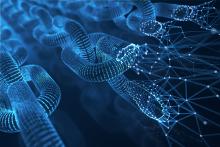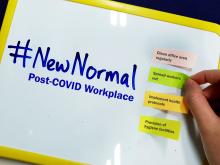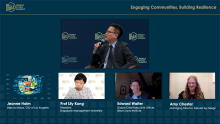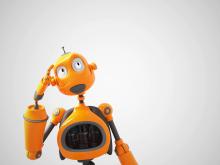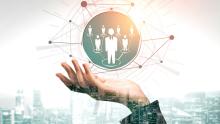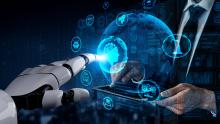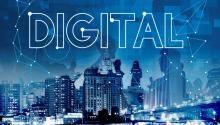Organised by the Retail Centre of Excellence (RCoE), the annual Asia Retail Leaders Conference was held on 17 November 2021 at the Singapore Management University Mochtar Riady Auditorium. The full-day hybrid conference brought together 11 industry experts from the retail and academia sectors, was attended by more than 300 participants.
The theme of the conference, Pivot or Perish, saw experts sharing insights on a range of topics, from the impact of digital transformation to changing consumer expectations and purchasing habits in a post-pandemic environment.



